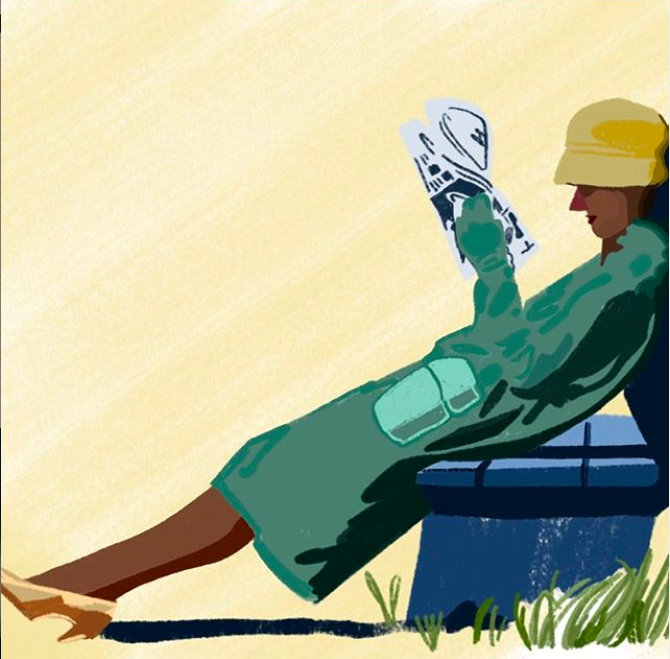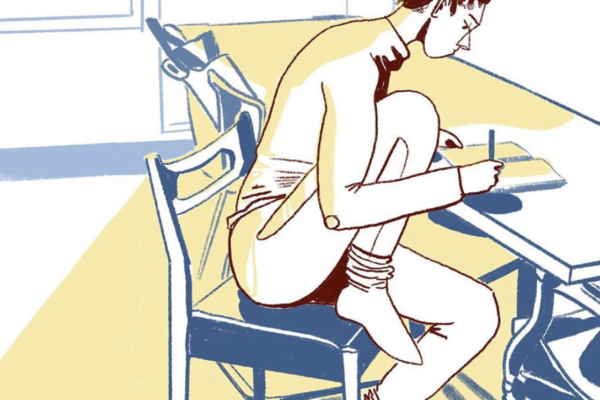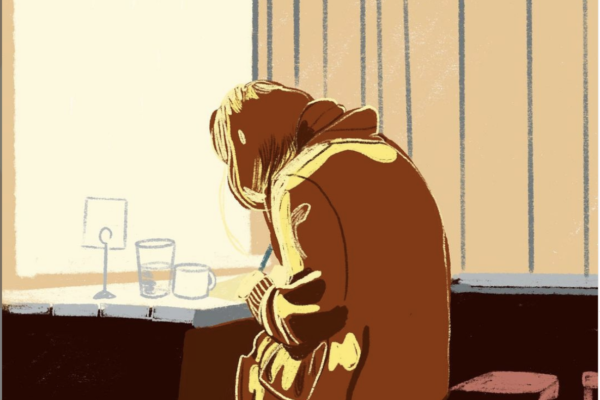I am working on my third book. I write this to brag, mostly, and to establish for you that I am a Real Writer who does Writerly Things. Are you convinced? Let’s assume that yes, you are convinced that I am a Real Writer, and that the following anecdote might teach you, also a writer, a lesson.
The first two times I began writing my third book, I used Microsoft Word. I pay for Word, and I use it when I teach classes. I like that I know how to use it. I like that it pops up like a bobbing life preserver at the bottom of my screen when I turn on my computer. I like that it has a bunch of fonts. And that’s the end of the list of the things I like about Word. But old habits die hard.
Notice how I wrote “the first two times” up there. Well, Word — which I’d been using as an App on my iPad — totally crashed and deleted six pages of work. I thought, “Well, that was just six pages of work. Easy to replicate. Serves me right for trying to use the app.”
On my next attempt, I used Word on my computer. I believed it to be much more hearty; more likely to rescue pieces of writing that might have been open if and when my computer crashed. After all, wasn’t it Word where I first saw the term “Auto-Save?” Didn’t that have to mean something?
Reader, I don’t even know what happened. My computer didn’t crash, but Word decided to delete my TWENTY SIX pages of manuscript. That was a full twenty pages more than I’d had on the iPad. I’ve looked for answers here; I’ve attempted to find meaning. I’ve searched my hard drive, I’ve asked my sister. (She works in tech, so this wasn’t a total shot in the dark.) Nothing makes sense about what happened. Sometimes the universe just kills your book, without warning or reason. These are the sorts of things we must learn to accept.
It took me a full week of mourning and devouring cartons of ice cream before I was ready to begin again with another blank document. But this time, I was less trusting. It’s important for us to swaddle ourselves against naïveté, and I’d already been burned twice by this program. I decided not to open Word. I decided, instead, to open Evernote.
On its surface, Evernote is free — but I pay for the deluxe version, which allows you to link your one account to many different devices. It’s like a tricked out Notepad app, with a few bells and whistles to keep the tech savvy user satisfied. Like: you can take pictures of your handwritten notes, and Evernote will magically turn them into text. (I have not used this feature, but they do advertise it a lot as being very special, so I’m going to believe that it is possible.) You can password protect your files. You can create stacks of notes that all belong in one category, just as you can in Scrivener. You can talk to Evernote. You can put videos in it. All this and more is possible.
Evernote does not have all the fancy academic extras that Scrivener or Word has. You can’t make multiple columns. It doesn’t even count pages or words for you. But sometimes you need something more akin to a typewriter than to a video game, and for those times, Evernote is there.
I have written thousands and thousands of words of my book this time around. My document is synched to my phone, my computer, and my iPad, so I can always look at it, even in the middle of the night. Evernote doesn’t say things to me like, “It looks like you’re writing a letter! I can help!” It doesn’t autocorrect when I write the date the way I want to write the date. It just lets me type and type and type.
Eventually, I will move this file somewhere else — likely to another cloud-based word processor like Google Docs, which I am using to write this right now. But for now, I just need to be offline, writing steadily, with nothing to distract me from the forward motion of my work. Evernote is a workhorse. At the end of the day, writers really just need access to letters, so they can make words, so they can build paragraphs, so they can write books.
And my allegiance has shifted. I’m with Evernote now, through and through.




No Comments